For historical and political context on this breaking tequila news, check out What are you drinking? Agave farmers allege tequila industry corruption.
“The truth is complicated, and it’s sad for us,” Remberto Galván Cabrera said in an interview today. Galván is the spokesperson for the Mexican Agave Council (Consejo Mexicano del Agave or CMXDA), an organization that advocates for the rights of agave farmers and for preserving a standard of traditional and quality tequila.
Galván has been crusading for agrarian rights since he was a teenager, when he worked in the agave fields for Jose Cuervo. He’s got a way with words and is prone to impassioned speeches. Today he sounds sad, a far cry from the somber yet hopeful mood last Thursday when hundreds of agave farmers marched through the streets of Tequila, Jalisco, to protest alleged collusion between big tequila companies and the Tequila Regulatory Council (CRT) to drive down agave prices.
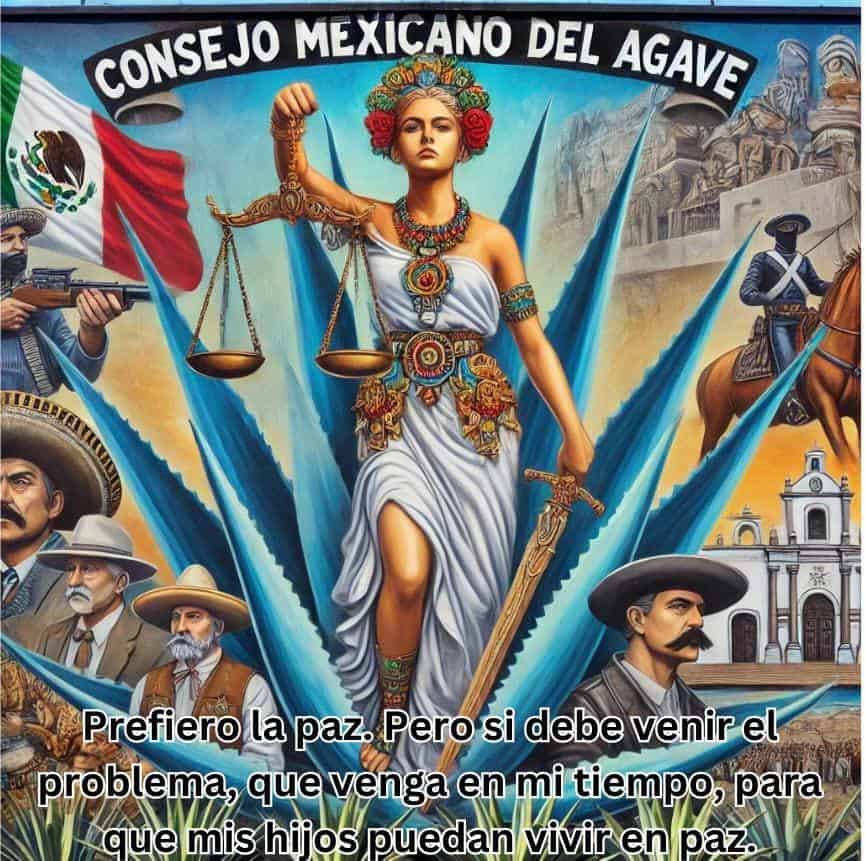
The protesting farmers allege that when agave prices were high, large tequila companies began mixing cane alcohol into tequila that they sold as 100% agave. The agaveros allege that the CRT has profited from this illegal adulteration, and that the organization has allowed monopolistic tactics to drive the price of agave from 32 pesos a kilo (in 2016) to as low as one peso a kilo today. (The CRT ignored a request for comment on the accusations, as did representatives of the federal government.)
Originally, the protest organizers planned a roadblock to stop incoming tankers and attempt to prove that cane alcohol is being delivered to distilleries.* They dialed back this action when recently elected Governor Pablo Lemus Navarro (of the Movimiento Ciudano party) agreed to convene with the agaveros, the tequila executives, and the CRT to work on a solution. Instead of a potentially violent roadblock, organizers asked the farmers (many of whom had traveled from out of state) to remain peaceful and orderly as a gesture of goodwill toward the upcoming talks. The protesters formed two single-file lines and followed a police escort through the streets of Tequila.
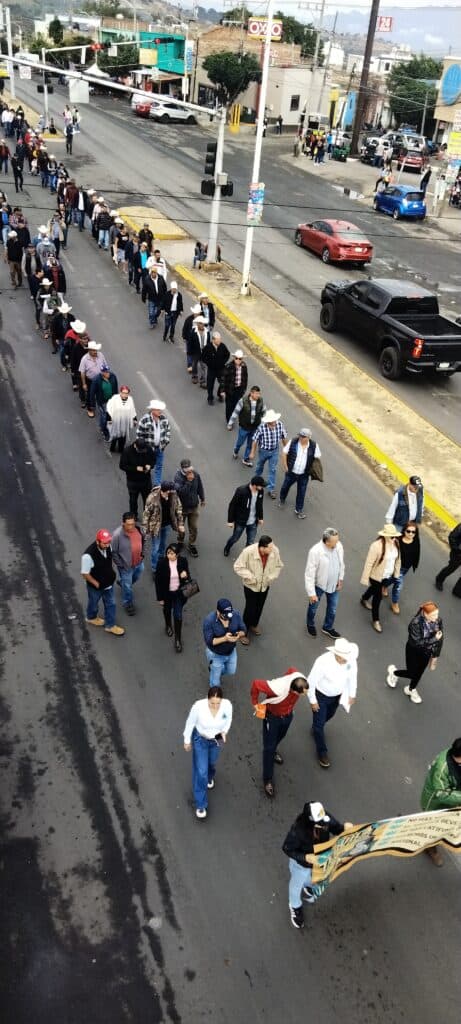
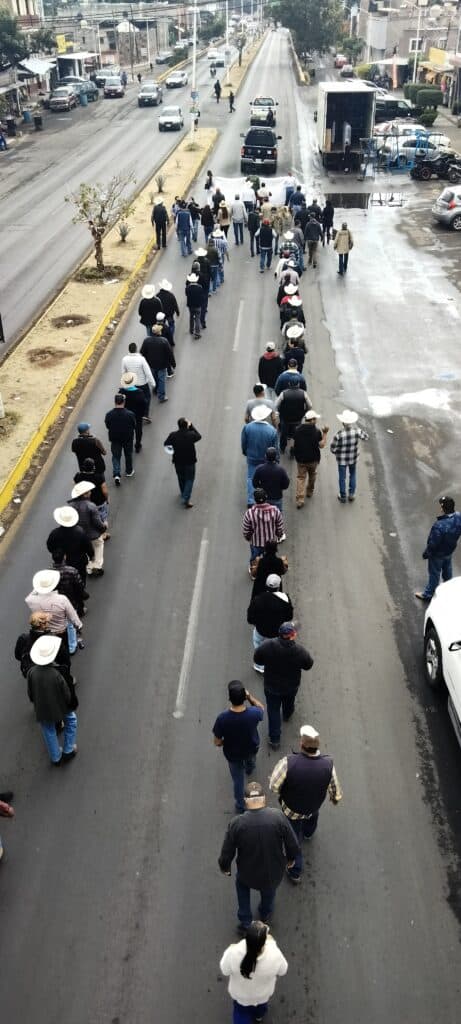
In an interview after the protest, Remberto Galván stressed that he appreciated the efforts of the state government.
“It’s important to mention that the government of Jalisco has never turned a blind eye to the problem, but that the tequila monopoly is much bigger than all of us together.”
He says his perspective on that changed yesterday when the governor failed to show up to the promised meeting.
“The meeting was a joke,” Galván said. “The truth is that the tequila industry, the governor of the state, and the CRT are colluding. Yesterday I saw clearly that there isn’t a human power on this earth that can get rid of the corruption of this nest of vipers.”
The protest in Tequila and the governor’s percieved snub are the most recent manifestations of an ongoing agrarian struggle. Broken promises on the part of politicians and the CRT was a strong theme at the January 9 protest.
“We meet and come to a supposed accord and then nothing changes,” Galván told me in November, when I interviewed him after an agavero protest in front of CRT headquarters.
For additional perspective, I spoke with another organizer, Salvador Ibarra Landeros, the president of the Unión Campesino Agavera, which translates roughly as “the rural agave union.” Ibarra’s mission statement gives context to the recent protests: “Agave farmers must struggle to end the biased practices of the Tequila Regulatory Council, since it seems we are doomed to be more poor each year. It’s not because our work is mediocre or unproductive, but because we suffer the CRT’s rigged policies that benefit foreign corporations.” You can find the full text here, and it’s well worth reading.
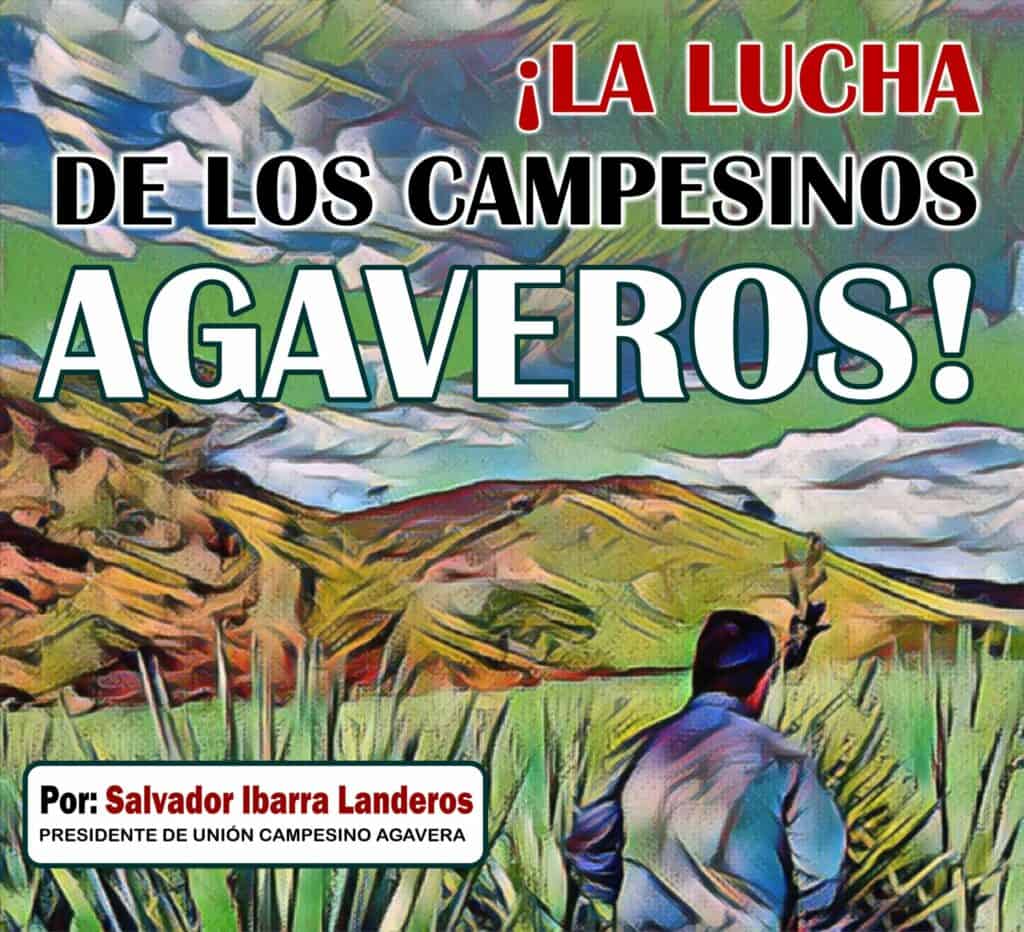
He described the governor’s no-show as a “maneuver.” He says the agaveros were verbally attacked in the meeting and accused of jeopardizing the Denomination of Origin of tequila (DOT) by making public allegations about the illegal adulteration of tequila. Landeros scoffs at this idea.
“The tequila industry is regulated by the very same people who own the distilleries. The government has put the power in the hands of the CRT, which is an organization created for the businessmen. The people that work at the CRT respond to the orders of their bosses, the businessmen who appointed them. That’s how these crimes happen. So to say that we are threatening the Denomination of Origin? Well that’s a real maneuver.”
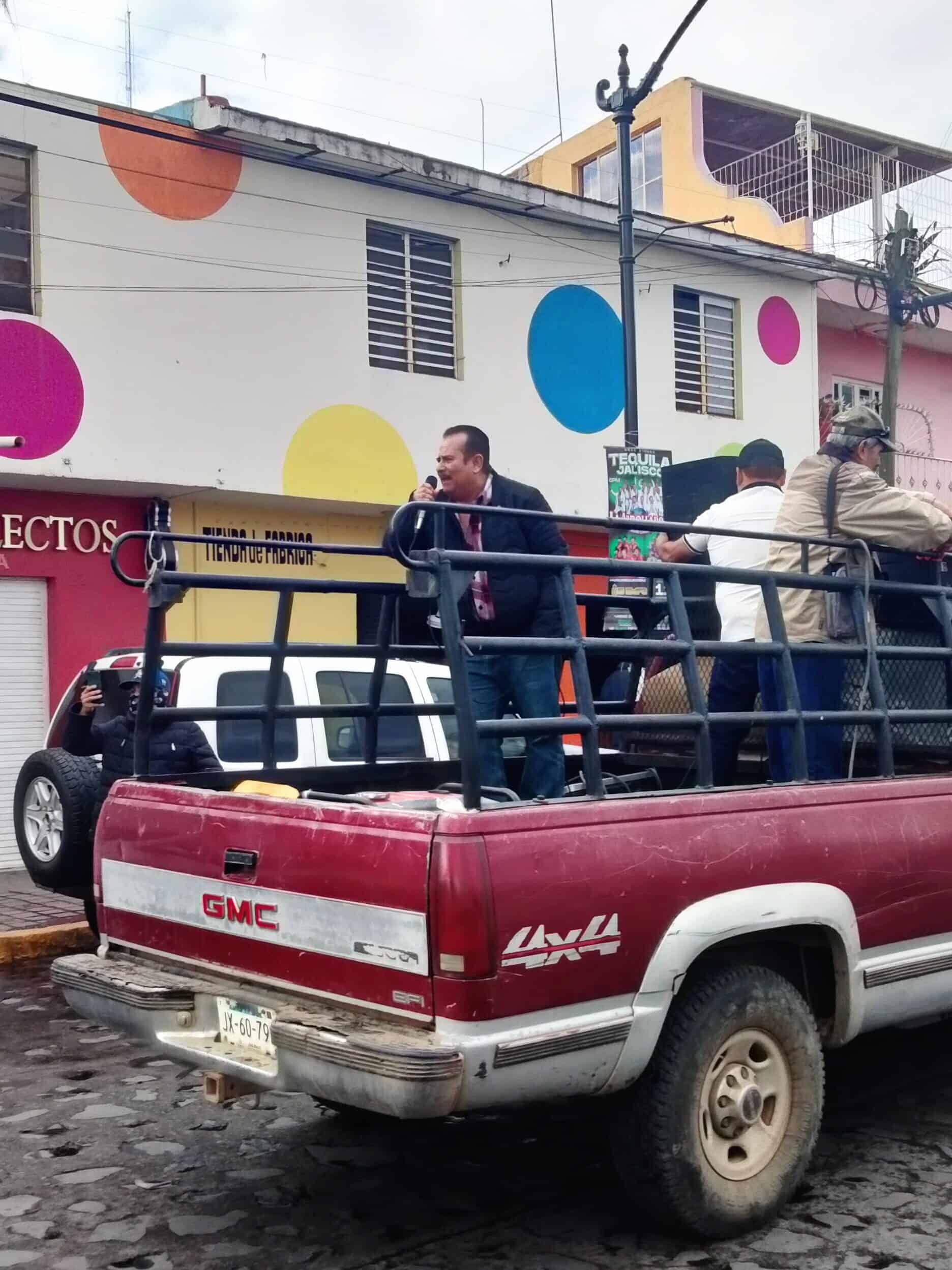
The alleged illegal “cold mixing” of cane alcohol is not the root of the issue for the agaveros. In November of 2024, the CMXDA issued a statement: “Our concerns focus on market dynamics that have emerged since 2015, when large producers implemented massive agave planting strategies to control market prices, which had reached 30 pesos per kilogram. This movement marginalized smallholders, disrupting the traditional supply chain and endangering the livelihoods of numerous agave farmers.” They allege this constitutes monopolistic practices, which the Mexican constitution emphatically forbids.
At the protest, the organizers proposed a number of solutions. They say that it costs them about 10 pesos to grow a kilo of agave. They suggested fixing a minimum price of 15 pesos per kilo. Another major rallying cry was the elimination of the coyotes, or middle men. Large tequila companies tend to prefer to do business with coyotes because it’s easier than dealing with hundreds of small farmers. But the agaveros say that the coyotes make a big mark-up and control the price of agave. The protesting agaveros want the government to ban middlemen and instead require tequileros to sign long-term contracts with specific farmers.
Salvador Ibarra Landeros is cynical about the prospect of government intervention.
“We have a classist government, and the class they represent is the business class,” he says. “And that’s what happened yesterday.” But he isn’t laying all the blame at the feet of the state or federal governments.
“Tequila is one of the most important industries in the country,” he says. “And the people behind this industry are some of the most powerful in the world. Foreign interests rob us of our raw materials. And they don’t have a single care for us, nor respect for our work.”
Remberto calls for the CRT to be shut down. “They exist for their own profit, and to illegally sell permits. I want the whole world to know what’s happening and what they’re doing.” Remberto says.
Going on the record with these accusations is dangerous. At the protest on Thursday, several different organizers asked that I not interview protestors–for their safety. But the organizers remain vocal.
Salvador Ibarra Landeros is emphatic: “We will not be silenced!”
So what’s next? Galván says the agaveros are planning protests “to shut down both Los Altos and Tequila.” We’ve also heard rumors of a major protest in Guadalajara.
“We are willing to put ourselves on the line,” Galván says.
At least one story on the allegations of cold mixing has disapeared from the Mexican press, and press presence at the January 9 protest was scant. The story has not yet been picked up by larger international publications.
This is a developing story. Stay tuned for further coverage.
*Although it is legal to sell tequila, known as mixto, that contains sugars derived from sources other than agave, these sugars must be added during the fermentation process. “Cold mixing,” or adding cane or corn alcohol to tequila, is illegal under any circumstances. Therefore, tankers of cane or corn alcohol entering Tequila could be viewed as evidence of foul play.

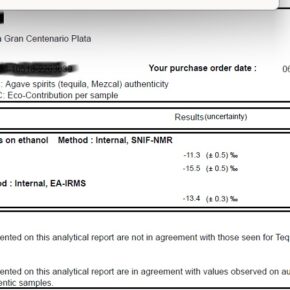
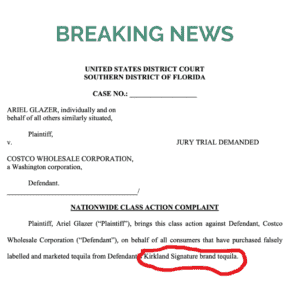
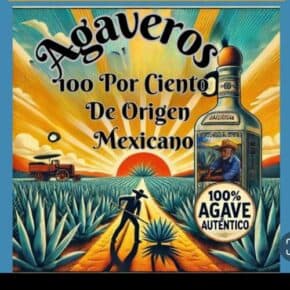
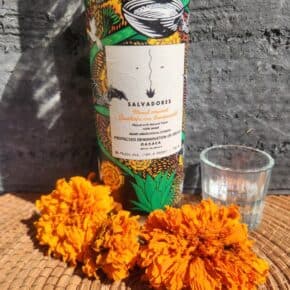







Leave a Comment